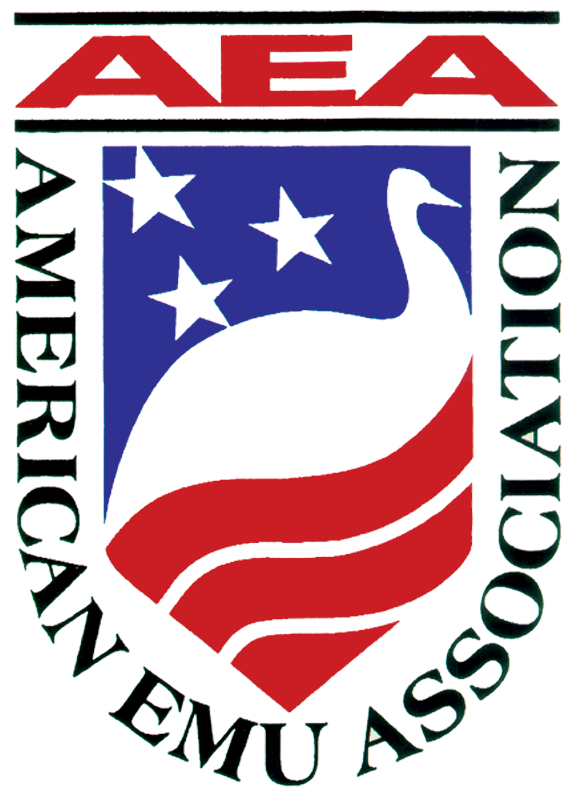Eastern Equine Encephalitis (EEE) Outbreak
During the late summer and early fall of 2009 there have been numerous confirmed reports of emus with Eastern Equine Encephalitis (EEE) in the New England area and along the East coast of the United States. Winter frosts that eliminate the mosquito populations, should help to bring this threat to an end for this year.
Each year we hear about outbreaks that occur throughout the United States. Local veterinarians are usually notified by the state ag veterinary department if, there is an outbreak in their area. This is a reminder to contact your local veterinarian and ask to be informed if, EEE is found in your area. If EEE is found locally, the recommendation is to vaccinate your entire flock.
Vaccinating Emus for Eastern Equine Encephalitis (EEE)
Mosquito season always brings with it the threat of mosquito-borne disease. For the emu farmer, this includes the danger of their flock picking up Eastern Equine Encephalitis (EEE). EEE is known to occur in many species of birds, horses and even man. Signs of EEE in emu include sudden onset of weakness, staggering, bloody diarrhea and rapid death, usually within 24 hours of first onset of symptoms. The virus can be “shed” in feces, blood or vomit. Humans can pick up this disease through contact with the virus through mucous membranes and/or open wounds so, caution should be used when handling the carcasses.
Fortunately, there is a vaccine available to prevent EEE in emu, the same one that is used for horses. “The farmer should know that giving an equine product is off label and there is always a possibility of a vaccine reaction,” says Thomas N. Tully, Jr., DVM, MS. Dr. Tully reports that such reactions are rare, but that the farmer should be aware that it could happen. “A complete equine dose should be injected in the leg muscle using appropriate restraint and aseptic technique,” said Dr. Tully. According to Dr. Tully, the equine vaccine may safely contain equine tetanus, but should NOT be manufactured from cell culture or contain equine influenza vaccine (this could cause a false positive reading for avian influenza). The vaccine can be multivalent EEE, WEE, and VEE.
The known benefits of vaccination outweigh the risks when considering the possibility of an EEE outbreak. In addition to the possible danger to you and your family, you can lose an entire emu population on one farm within days. Your local vet clinic will know if EEE is a local concern or if there is an EEE outbreak in your area since this is important information for horse owners.
Dr. Tully recommends vaccinating emu chicks starting at 6-8 weeks then again at 10-12 weeks, with a final injection at 16-18 weeks, then every 6 months thereafter. “In the face of an outbreak the farmers can booster their birds at that time,” says Dr. Tully. “For adults that have not been vaccinated they should be vaccinated once with a booster 3 weeks later, then every 6 months thereafter.” Additional information is available in the book Ratite Management, Medicine and Surgery edited by Thomas N., Jr. Tully and Simon M. Shane. The book is a guide to the diagnosis and prevention of infectious diseases and metabolic conditions in commercial ratites. There are contributions by more than 15 experts in specific fields.
Thomas N. Tully, Jr., DVM, MS is a Diplomate ABVP (Avian), ECAMS and Professor of Zoological Medicine at the Louisiana State University – School of Veterinary Medicine in Baton Rouge, Louisiana, USA. Veterinarians with emu/EEE related questions may reach him at the university.

Founded in 1989, The American Emu Association is a non-profit trade association representing breeders, producers and marketers of emu meat, oil and other emu co-products. The emu industry is an alternative agricultural industry, dominated by the small farmer, who is devoted to humane and environmentally positive practices that will produce beneficial products for society. For more information about the American Emu Association (AEA) or the emu industry visit http://aea-emu.org